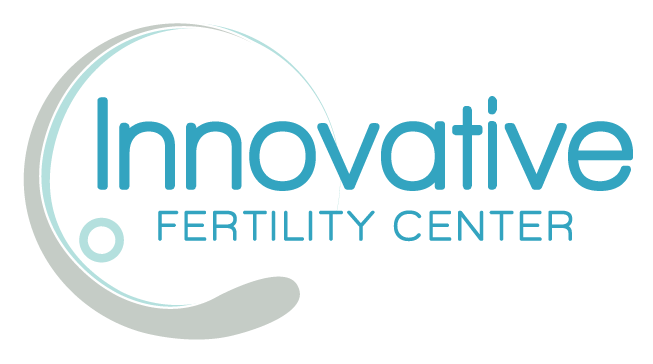Age and Infertility
Recognize the Connection between Age and Infertility
The ability to get pregnant diminishes over a lifetime. A different category of midlife crisis exists in this country as age-related infertility has become more prevalent. Careers, relationships, divorce and financial goals can take precedence over procreation. Dr. Mark J. Rispler and Dr. Joshua J. Berger all too often encounters devastated couples unaware of the age-fertility connection.
The chances for getting pregnant crest in a woman’s 20s and begin to decline at age 35. By 40, a woman has a less than a 5 percent chance each month of conceiving a baby. The trend of waiting to start a family has a detrimental effect on fertility. In the U.S., 1 in 8 couples will face infertility.
Unfortunately, there exists a false expectation that today’s advanced fertility treatment options trump age-related fertility. In reality, your age impacts the outcome in a fertility treatment cycle just as it does in a natural cycle.
With each birthday, women experience diminished ovarian reserve Infertility in older women is often caused by three key factors: Decreased hormone levels to support a pregnancy, an increased risk for miscarriage associated with genetic abnormalities and a natural decline in oocyte (egg) quality and quantity.
Egg Quantity. Women are born with a finite number of eggs, around 300,000 at the onset of puberty. Hormones (FSH and LH) trigger the ovaries to release (ovulate) about 300 of these eggs during the reproductive years leading to menopause. Men, conversely, continue to produce sperm throughout their lifetimes.
Egg Quality. Eggs, like all of the body’s organic materials, age. The eggs released at age 25 are more likely to result in a viable pregnancy — with fewer risks of birth defects — than eggs at 35 years or older.
In rare circumstances, fertility specialists diagnose women as young as 20 with diminished ovarian reserve. Risk factors include smoking, a family history of premature menopause and ovarian surgery. The National Institutes of Health (NIH) reports girls as young as 14 presenting with spontaneous premature ovarian failure caused by the ovaries, or secondary disorders such as anorexia.
Diminished ovarian reserve cannot be reversed, but it can be overcome.
Even science can’t replicate viable human eggs. However, donor eggs supplied by younger woman in their 20s or 30s can greatly increase in-vitro fertilization (IVF) success rates. Innovative Fertility Center’s donor egg program matches prescreened donors with couples who wish to get pregnant.
The Donor Egg IVF Process
A cycle of third-party reproduction IVF stimulates the ovaries of the egg donor to produce and harvest multiple eggs. Once sperm is collected and combined with the donated egg in the lab, the resulting embryo is transferred to the uterus of the intended mother.
Our team specializes in advanced reproductive technologies to treat infertility, but he also prioritizes preventive care and education. Fertility deteriorates with age, so talk with your partner about the risks of waiting to start a family.
Contact us for a consultation for more information on preserving your fertility.
- Causes of Infertility
- Causes of Female Infertility
- Female Infertility Risk Factors
- Stress and Infertility
- Age and Infertility
- Blocked Tubes
- Endometriosis
- Fibroids and Infertility
- Polycystic Ovarian Syndrome
- Recurrent Pregnancy Loss
- Secondary Infertility
- Unexplained Infertility Treatments
- Uterine Polyps
- Weight and Infertility
- Causes of Male Infertility
- Male Infertility Risk Factors
- Abnormal Semen Analysis
- Azoospermia
- Low T Treatment and Infertility
- Low Sperm Count
- Fertility after Vasectomy
- Varicoceles
- Causes of Infertility
- Causes of Female Infertility
- Female Infertility Risk Factors
- Stress and Infertility
- Age and Infertility
- Blocked Tubes
- Endometriosis
- Fibroids and Infertility
- Polycystic Ovarian Syndrome
- Recurrent Pregnancy Loss
- Secondary Infertility
- Unexplained Infertility Treatments
- Uterine Polyps
- Weight and Infertility
- Causes of Male Infertility
- Male Infertility Risk Factors
- Abnormal Semen Analysis
- Azoospermia
- Low T Treatment and Infertility
- Low Sperm Count
- Fertility after Vasectomy
- Varicoceles
